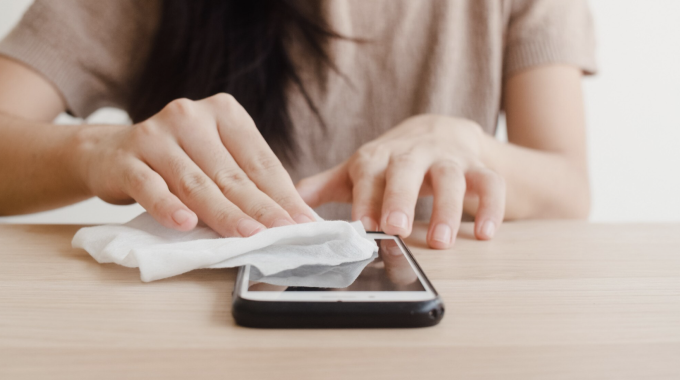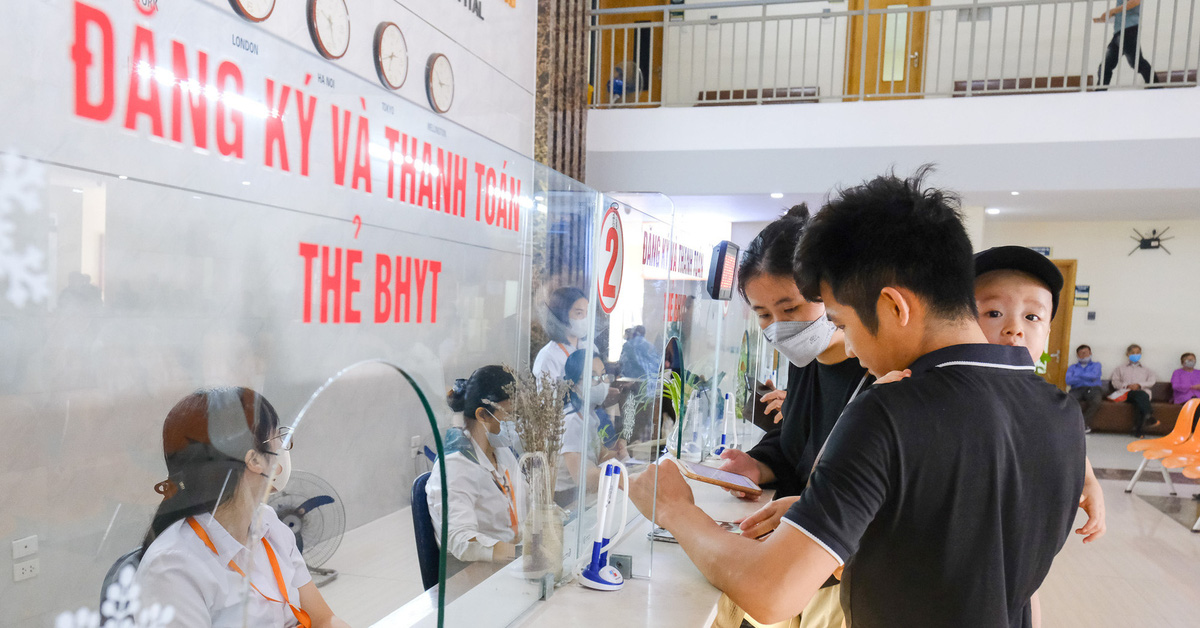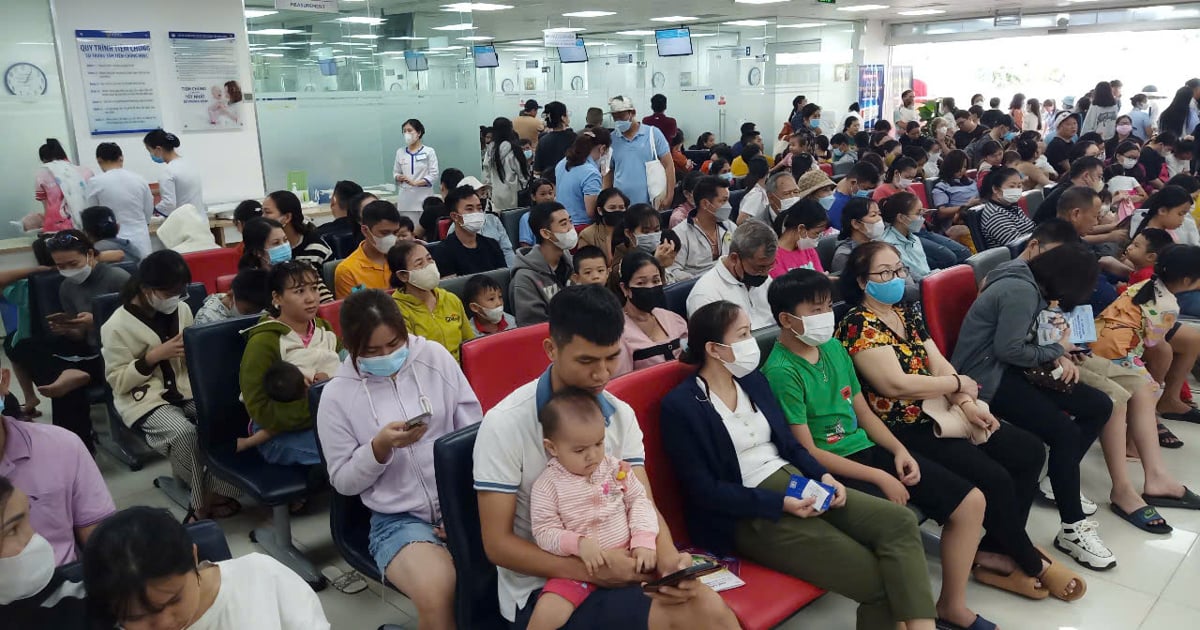Phones, cloth masks, and children's toys need to be cleaned regularly because they can spread pathogens.
Viruses and bacteria that cause respiratory diseases such as flu, colds, etc. are easily transmitted from sick people to healthy people through droplets. Some surfaces that hands touch can contain pathogens. Cleaning your home and commonly used objects helps protect your family's health.
Phone
Phones, especially cell phones, can be a source of germs. Most have touch screens, and germs can spread from the phone to your hands, causing illness if you touch your eyes, nose, or mouth.
To clean your phone, turn it off and remove it from the case, then wipe the surfaces with a soft cloth dampened with water, soap or rubbing alcohol. Avoid using sprays or cleaning solutions as they may contain bleach or other abrasives that may seep into crevices such as the charging port. You can clean your phone regularly, especially when you come in from outside.
When in public, keep your phone in your pocket or bag instead of holding it in your hand. Use speakerphone to avoid pressing the phone against your face or mask.

Clean your phone regularly to remove harmful agents. Photo: Freepik
Cloth mask
Cloth masks should be washed daily after use. Hygiene steps include: washing hands with soap or using an alcohol-based sanitizer. Using your hands, remove the ear ties, without touching the front of the mask, then put it in a sink or washing machine. During this process, do not let your hands touch your eyes, nose, and mouth. Wash your hands immediately afterwards.
If washing by hand, use bleach containing 5.25-8.25% sodium hypochlorite. Use a dryer or dry in a well-ventilated area with sunlight.
Cleaning surfaces
Disinfecting hard surfaces such as tabletops, refrigerator handles, doorknobs, and faucets helps limit the spread of bacteria and viruses that cause respiratory illnesses. Some harmful agents can survive on surfaces for up to 24 hours, and cleaning with a disinfectant can eliminate them. Remote controls for televisions, air conditioners, and laptops also need to be cleaned regularly.
Children's toys
Children often have the habit of putting toys or other objects in their mouths. This increases the risk of respiratory diseases because toys can be carriers of pathogens. Parents should clean and disinfect their children's toys, put hard toys without batteries in the sterilizer. Cloth toys can be put in the washing machine.
Washing your hands regularly is a simple way to protect your family from harmful germs. When germs get on your hands, they can easily enter your body if you touch your eyes, nose, or mouth.
Wash thoroughly before preparing food, before eating, after using the toilet, changing diapers, or whenever your hands are visibly dirty. Wash quickly under running water with soap, rubbing your hands together for at least 20 seconds. Clean between your fingers and under your fingernails. If soap and water are not available, a hand sanitizer containing at least 60% alcohol may be helpful. Carry a small bottle with you at work, in your purse, or in your car for use as needed.
Bao Bao (According to Livestrong, WebMD )
| Readers ask questions about respiratory diseases here for doctors to answer |
Source link

































































Comment (0)